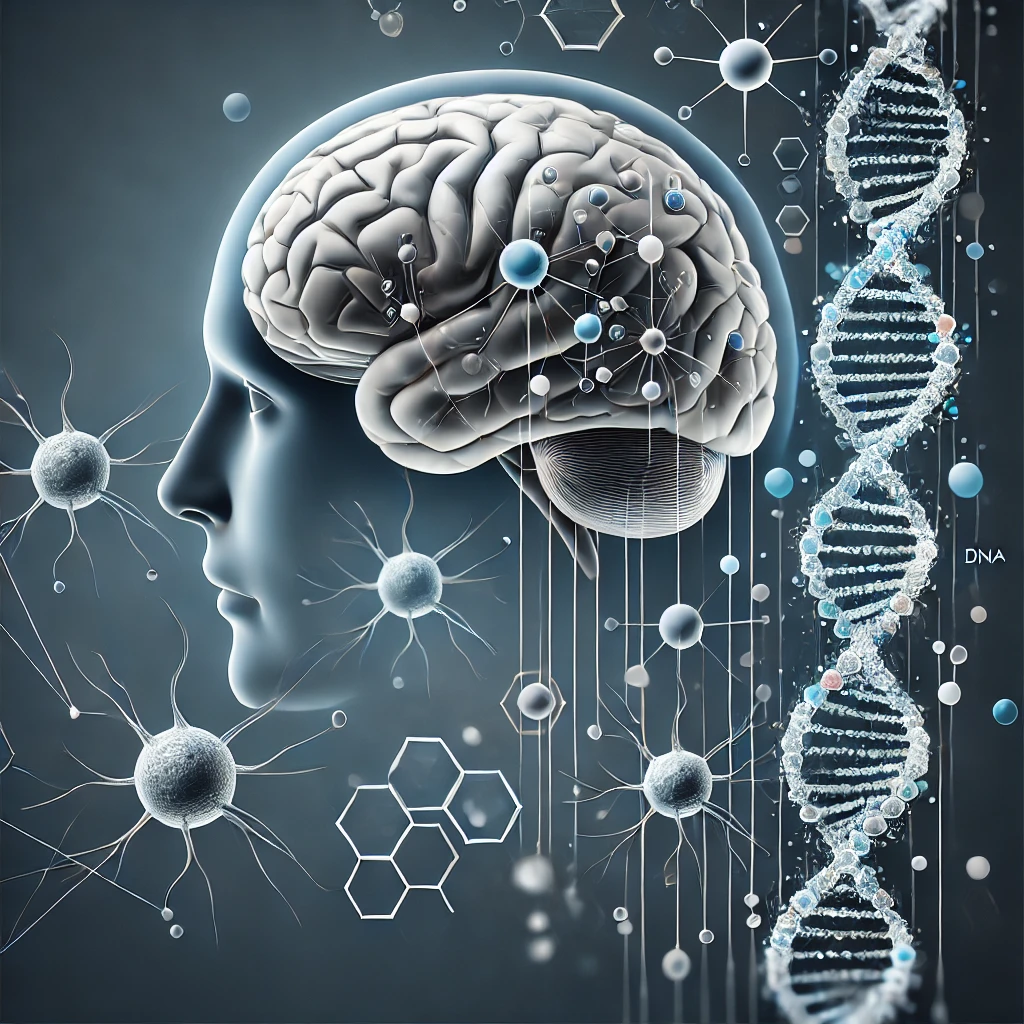Oxidative Stress And Immune-Related Mechanistic Underpinnings of Neurodegeneration
Our group investigates the oxidative stress and immune-related mechanisms underlying neurodegenerative diseases (NDDs) such as Huntington’s, Parkinson’s, and ALS by integrating multi-modal, multi-omics data, followed by in-house experimental validation. We actively collaborate with researchers worldwide to deepen our understanding of the implications of novel scientific insights.
Data Science in Biomedical Research
We apply data science techniques to both in-house generated data sets and public, disease-specific databases to identify disease-related molecules and master regulators, using customized workflows to manage high-dimensional omics data across diverse platforms.
Advancing Life Sciences With Systems Biology and Multi-Omics Approaches
We leverage Statistical Learning and Systems Biology approaches to extract novel insights from multi-modal, multi-omics data sets, with a central focus on multi-omics data integration in our research.

Welcome to Systems Bioinformatics Lab
Oxidative Stress And Immune-Related Mechanistic Underpinnings of Neurodegeneration
At the SBL, we focus on genomic data science to advance understanding and treatment of NDDs. More specifically, we use multi-omics data wrangling, analysis, and integration to investigate the mechanistic underpinnings of NDDs in humans, such as Huntington’s disease, Parkinson’s disease, and ALS, characterized by pronounced oxidative stress and immune involvement. By corroborating our bioinformatics-based findings with experimental validation, we aim to shed light on the role of oxidative stress in NDDs and how it influences neuronal responses to ongoing neurotoxicity.
Data Science in Biomedical Research
As data volumes grow exponentially due to decreasing costs, integrative and technically rigorous analysis of omics data has become more critical than ever across all areas of biomedical science. From a technical standpoint, we generate novel data sets and leverage publicly available and disease-specific databases to identify candidate molecules and master regulators involved in disease initiation and progression, using Statistical Learning, Data Mining, and Data Science approaches. Taking into account the intrinsic characteristics of raw data from high-dimensional sequencing and array-based platforms, particularly in epigenomic, transcriptomic, and proteomic research, we develop customized analysis workflows tailored to each dataset, enabling the extraction of meaningful biological insights from skewed and potentially confounded (usually messy) data.
Advancing Life Sciences With Systems Biology and Multi-Omics Approaches
Given experimental designs that yield large-sample omics data sets, various Systems Biology techniques can be applied to bring new perspectives to old data. In this spirit, we fully leverage ‘big data’ to unlock the true potential of these methods in our ongoing research. Additionally, these approaches are highly effective for integrating multi-omics data, regardless of the input data type. Given the practical feasibility of current multi-modal, multi-omics datasets for integrative analyses, we will continue to prioritize this approach as the core focus of our research.